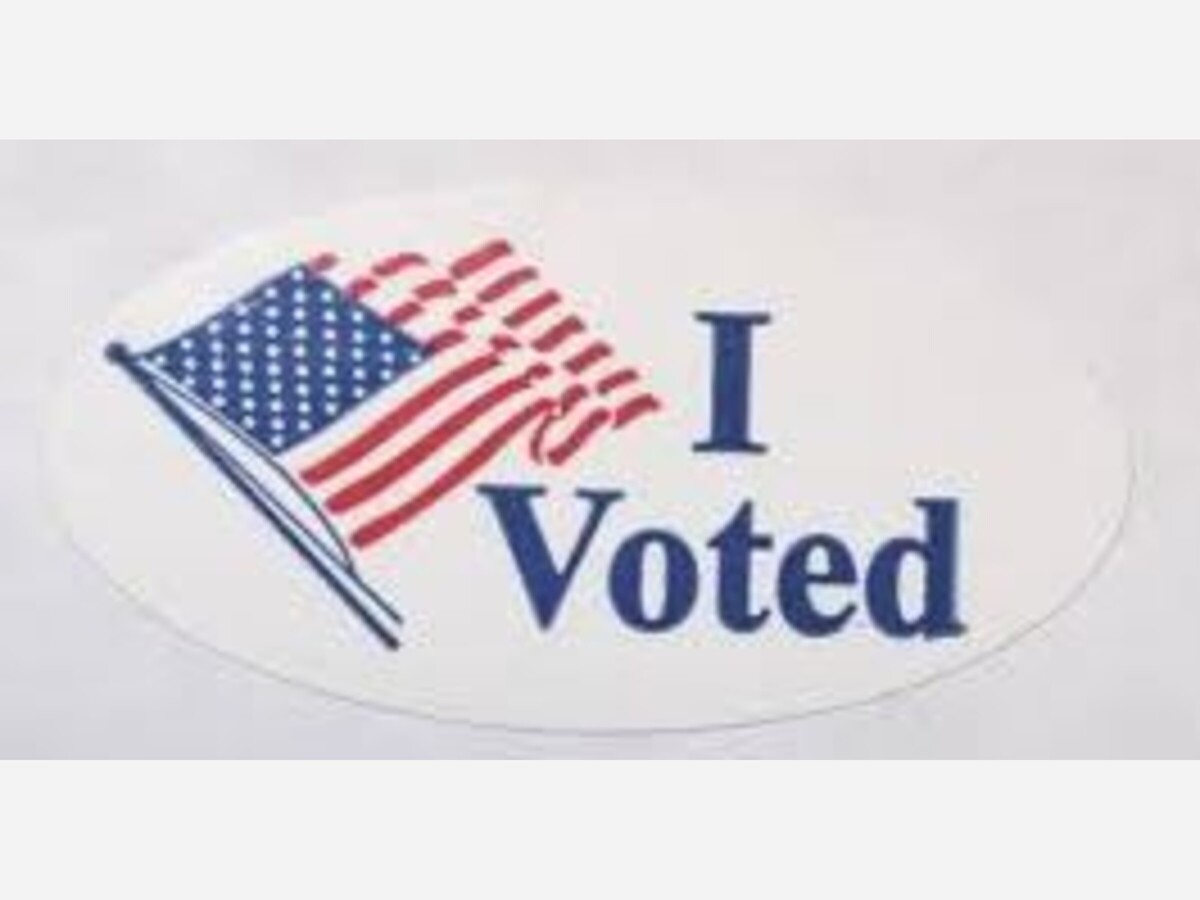Image


The Right of Citizens to Vote:
By James C. Johnston Jr.
There is no doubt that this nation is a melting pot of people from all over the world which has given The United States of America a rich treasure of cultural diversity. Every person living in this country, and who is a citizen of the United States, had ancestors who were immigrants. This treasure of citizens of widely diverse backgrounds has made us the strongest nation on earth and the most productive of nations. We are the most highly educated and innovative people of the earth’s population. Our real national treasure is our cultural diversity.
And all of this comes together in our unique privilege of citizenship either by birth or naturalization. That is the essence of our national genius. We are a culture which welcomes legal migration. Foreign nationals can obtain work visas and live here among us, but the power to elect public officials and make decisions by voting on public policy is the ultimate right of citizenship.
Ownership of property should never have been a consideration in the question of the right to vote. In the nation’s beginning in 1776, only white men of property could vote. With the liberation of Black Slaves in 1865, the making of Afro-Americans Citizens in 1868, and granting the right of franchise to these new citizens in 1870 through the adoption of the Thirteenth, fourteenth, and Fifteenth Amendments respectively meant that most men in the country could vote if they met property qualifications. The fact that most of these new voters were denied the vote in the Deep South is the proper subject for its own article.
Women made a lot of progress resulting in the vote being granted them in most states west of the Mississippi by 1900. The right to vote was extended to all women in the United States in the Nineteenth Amendment in 1919. Over the next 105 years, laws have been passed refining and protecting the right to vote by citizens of this great nation.
A process has evolved, from the beginning of the country, that citizens can vote, and voting is an exclusive right of citizenship. That is the case in most of the world’s democracies. That process has been enshrined in law. Now something new has evolved in the thinking of my fellow citizens which I find very curious and also dangerous, and that thinking is that foreign nationals should be able to vote in local elections if they own property in the municipality in which they live. If that practice were allowed to become a legal precedent, we should have established a precedent fraught with danger. Foreign nationals should not be granted the right to vote whether they own property in the community or not.
Taken to its logical conclusion, this means that foreign corporations could flood communities with their workers in the United States, in which they had invested large sums of money. Now their workers would become a voting block supporting the aims of the foreign corporation. The fact that these foreign residents would be paying property taxes should not give them the right to determine economic policy in the community in which their workers lived by extending the franchise to them.
I understand the frustration of people who lose an election, like the people who supported an over-ride, but trying to enlist the support of non-citizens in the voting process because they pay property taxes does not constitute a valid argument to extend the vote to them. Giving foreign nationals the vote to merely achieve a short term goal is essentially foolish.
If anyone chooses to own property in a community like Franklin, Mass., which is arguably one of the finest communities in the whole country in which to live, that property owner has an intrinsic obligation to pay property taxes to support that very community. As a non-citizen, a person can own land, and that is as it should be. When a non-citizen buys land in Franklin, knowing that their status as a non-citizen, does not give them to vote, these foreign town residents have entered into a social contract to pay the cost of supporting the community in which they reside. By accepting this social contract, these residents must also accept the fact that as a non-citizen they have no right to vote.
These non-citizens can publish their opinions; they can solicit their fellow citizens for a cause as long as it is not political. Citing political opinions could result in non-citizens become Persona non grata, Like Citizen Genet during Washington’s Administration when Genet tried to incite citizens of United States to seize British ships and to go to war with England which was then at war with the French Republic.
In the final analysis, we have got to realize that the vote is the sacred and sole privilege of the citizens of this nation. Merely owning property here in this country does not give anyone the right to vote. The principal of land ownership as a condition of voting was abolished in 1969 by the courts when a school teacher living with his parents in New York was denied the vote because he did not own property in the town in which he lived. Thus mere ownership of property does not allow a person to vote, and supporting this position should not be considered to be any species of xenophobia.
Voting is the privilege of citizenship, and that is absolute. To anticipate how people would vote, and hoping for a different outcome in a future election predicated on unauthorized persons voting, is foolish. Any plan to allow people who are not citizens of the United States to vote must be discouraged.
James C. Johnston is a frequent contributor to Franklin Observer, a former Selectman, a retired FHS teacher, and author.